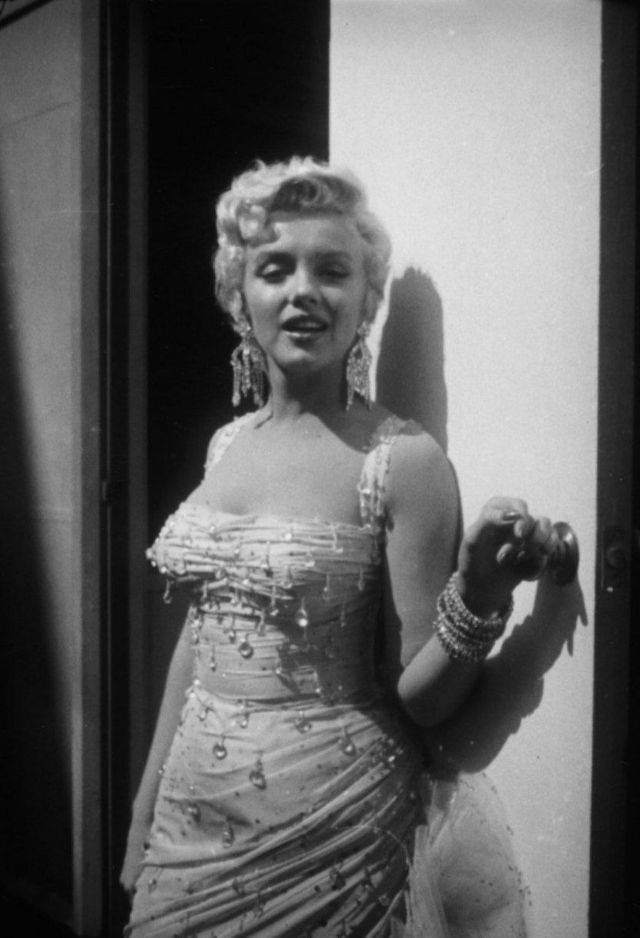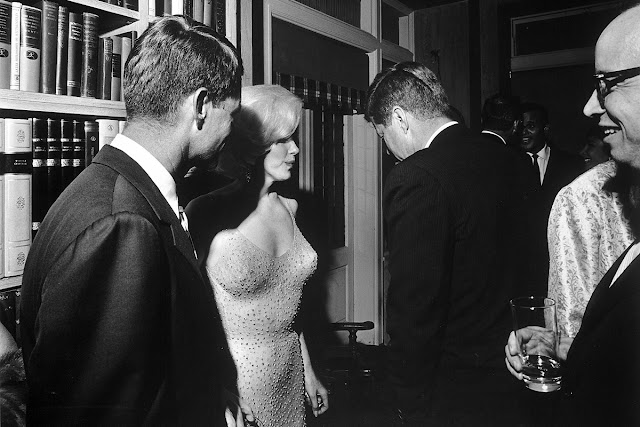The Man Who Whispered Psalms – Sobibór, Poland, 1943
In the very heart of the Lublin region, where the silence of the forest now blends with the echoes of unimaginable suffering, stood a camp the world learned about too late – Sobibór. In 1943, in this place designed by the Nazis as a death factory, human life weighed less than a handful of ash. And yet, amid the barracks, barbed wire, and daily fear, a figure appeared whose voice – though barely audible – rang louder than the screams of its executioners.
He was a gaunt man, a prisoner with sunken cheeks and eyes that, despite everything, still smoldered with light. Every night, when silence fell over the camp, and the only sounds were the footsteps of the guards and the rustle of the trees, he would lean over his fellow prisoners and whisper psalms. His voice was so faint it seemed to vanish into the darkness. Yet the prisoners leaned toward him, holding their breath to catch every word.
“If I pray aloud,” he said one evening, “then at least some of us are free.” These words fell like a spark in a dark tunnel. For other prisoners, who were losing hope, his whisper became proof that even in Sobibór, where death reigned supreme, it was possible to retain freedom of spirit.
Sobibór was no ordinary labor camp. It was one of the Operation Reinhardt extermination camps, where daily transports of people—mostly Jews from Poland, the Netherlands, France, and Slovakia—were sent straight to the gas chambers. Rarely did anyone escape from this place alive. Yet in this space, designed to kill not only the body but also memory and faith, the man whispering psalms reminded others that they were more than numbers, that they carried within them a history, a language, and God.
His every whisper was a rebellion against the machinery of death. He had no weapon, no strength, but he had words. And words, at that moment, were the only thing they couldn’t take from him. When other prisoners lay on hard bunks, their bodies aching from work and hunger, his voice soothed them like a lullaby. For some, it reminded them of home, the Sabbath, the smell of candles, the voice of their father praying in the synagogue. Others, even if they didn’t know the Psalms, felt that the sound of prayer built an invisible wall, behind which they could, at least for a moment, hide from the terror.
Unfortunately, this man did not live to see the prisoner uprising that broke out in Sobibór on October 14, 1943. He did not see several hundred people grab axes and knives, attack the guards, and snatch a moment of life from death. He perished earlier, killed by hunger and exhaustion, perhaps consumed by the crematorium flames. And yet, as survivors later recalled, his presence did not leave with them.
“His whispered words were louder than the walls,” said survivors. “When everything within us was broken, he reminded us that we could still be free, even if only in thought and faith.” This surviving testimony shows that Sobibór did not succeed in killing everything. The spirit of the man who recited the psalms in the evenings became a symbol of resistance—not through muscle power, but through the power of the spirit.
Today, as we stand on the site of the former Sobibór camp, we see only fragments of foundations, ashes mixed with earth, and monuments that attempt to convey the scale of the tragedy. But what is most important still echoes. Not concrete, not barbed wire – but a voice. A quiet, faint whisper, preserved in the memories of others, more enduring than bricks and walls.
The story of the man who whispered psalms is a tale of the power of spiritual resilience. In a world where people were systematically stripped of their names, dignity, and lives, he was able to preserve a space of freedom in his own heart and the hearts of others. This shows that even in the hell of Sobibór, there existed a space where humanity survived.
For us, today, this isn’t just a story about the past. It’s a lesson that in moments of greatest crisis, it’s not always the physically strongest who survive. Sometimes the greatest weapons are memory, prayer, words—things that have no shape or weight, yet can sustain life.
Therefore, when we speak of Sobibór today, we must remember not only the numbers—the hundreds of thousands of people murdered—but also the individual stories. Of the child who clutched his mother’s hand on the way to the gas chamber, of the woman who hid a fragment of a family photograph in her clothing, and of the man who whispered psalms in the darkness, giving others the strength not to forget who they are.
Sobibór was destroyed by the Nazis in an attempt to erase their traces, but its memory has not disappeared. Today, its history lives on in museums, books, films, and survivor testimonies. However, none of these forms fully captures the significance of the simple fact: that in a place created for killing, man still managed to whisper the words of life.
“If I pray aloud, then at least some of us are free”—we repeat his words today as if they were prayers. The whole truth about Sobibór lies within them: that even where death reigned, life still managed to resound.






